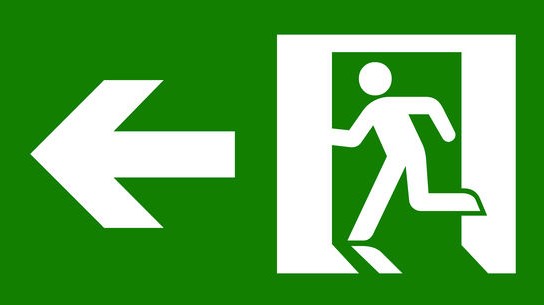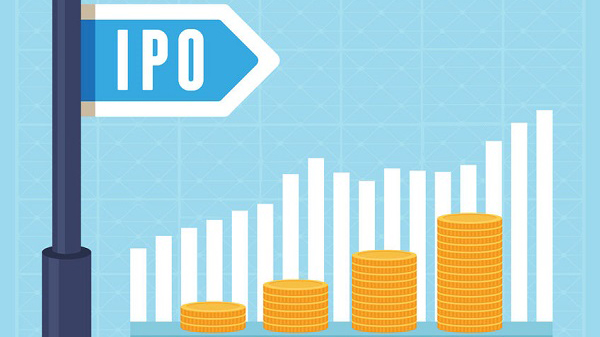6 ways to get out of debt

Debt problems can put a lot of stress on the individual and it is better to deal with it immediately. The longer you put it off, the worse the situation will become. If you want to get out of debt quickly, you have to be prepared to change your financial habits.
1. Face your debts
To solve a problem, you must first find out how serious it is. Thoroughly understand your debt situation, including the debt amount, monthly repayment amount, interest rate, and the type of loans that you have accumulated. These could include personal loans, unpaid credit card balances, etc. This information can be found in your loan agreements and monthly statements (you can also check with your lending institutions). After you have gathered the information, use the debt management function of the IFEC Borrowing and Debt Calculator to work out your total debt and create a summary.
2. Spend less than you earn
The key to being debt free is to spend less than you earn. Make it a point to balance your income and expenses every month. Work out a monthly budget, track your daily expenses, and only spend as planned (use the the IFEC Money Tracker mobile application (iOS | Android)). To start with, you can try to reduce the monthly expenses of non-essential items by 10%. It will be an adjustment, but one that's well worth it. You can try to increase your income. See if a second job or part-time job is possible.
3. Say NO to new debts
Stop yourself from borrowing. Very often, debt problems are associated with over-consumption. Therefore, take a close look at your consumption habits. Think twice before you buy something. For example, before you take out your credit card, make sure you can settle the complete amount by the end of the month. Otherwise, you should not be buying at all.
4. Set a repayment goal
If you have revolving debts such as credit card balances and revolving loans, you must set up a goal for repayment. Otherwise, you will not see any light at the end of the tunnel for your debt problem. Consider your ability to repay when you set up a goal. Treat you credit card debts seriously and try your best to settle the debts as soon as possible to reduce interest expenses.
5. Pay off the highest interest debt first
The interest rate on unpaid credit card balances is very expensive. Generally speaking, you should first settle any unpaid credit card balance to save on interest. If you have a huge outstanding credit card balance, consider replacing it with an instalment loan with lower interest rate. This can help you to save on interest and at the same time, set a clear goal and time to pay off your credit card debts.
6. Pay your debts on time every month
Paying your debts on time every month is crucial. Overdue payments not only incur late charges, they could also affect your credit score. You can set up autopay instructions to avoid any oversights when it comes to repayments. For example, you may have missed a payment date when you are out of town.
12 Decemeber 2019




